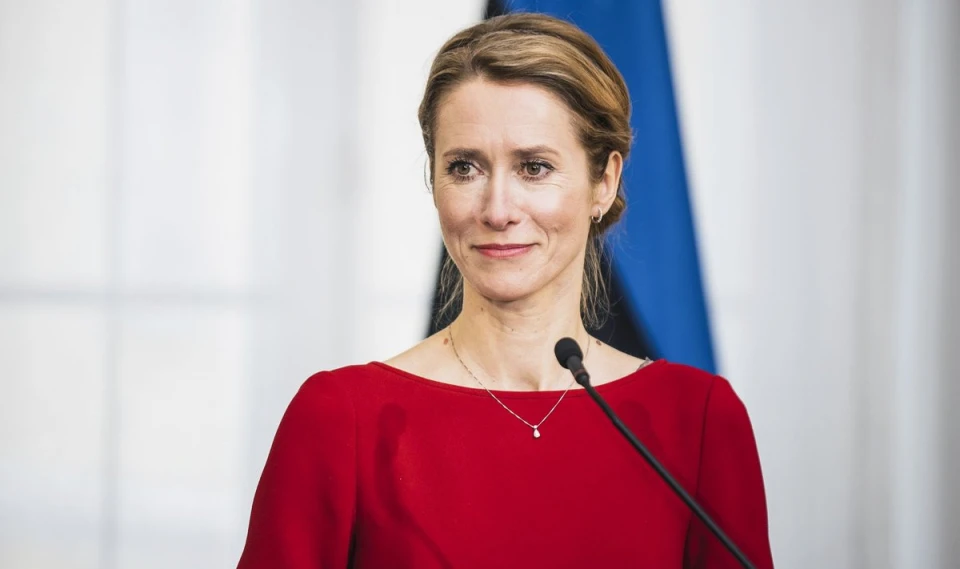
Training of Ukrainian soldiers by NATO instructors in Ukraine won't lead to escalation - Estonian PM
Estonian Prime Minister Kaja Kallas says that NATO member states shouldn't fear that sending military instructors to Ukraine to train its soldiers could draw them into a war with Russia
This is reported by the Financial Times.
According to her, there are countries that are already training soldiers locally, and they do so at their own risk. She noted that if Russian troops attacked the training personnel, it would not automatically trigger NATO Article 5 on mutual defense.
"I can't imagine that if someone gets hurt there, those who sent their people will say: "This is Article 5. Let's ... bomb Russia". This is not how it works. It does not happen automatically. So these fears are unfounded," she explained. "If you send your people to help Ukrainians...you know that the country is at war, and you are going into a risk zone. So you take the risk.”
According to Kallas, in Estonia, such a step requires parliamentary approval.
"It's an open public discussion, but I think we shouldn't rule anything out now," she added.
Kallas argues that helping to train Ukrainian troops on their own territory, rather than elsewhere in Europe, will not escalate the conflict.
"Russian propaganda talks about a war with NATO, so they don't need an excuse. Whatever we do on our part... If they want to attack, they will attack," the Estonian prime minister stated.
What preceded it
On February 26, about 20 European leaders met in Paris to discuss the threats posed by Russian leader Vladimir Putin. They were addressed by Ukrainian President Volodymyr Zelenskyy.
After the conference, French President Emmanuel Macron announced that the deployment of Western ground troops to combat Russian aggression should not be ruled out in the future.
Slovak Prime Minister Robert Fico confirmed that some NATO and EU member states are allegedly discussing the possibility of sending their troops to Ukraine after signing bilateral agreements with Kyiv.
NATO Secretary General Jens Stoltenberg and the leaders of the Alliance stated that no general decision had been made to send troops to Ukraine, while Russia called the move a declaration of war.
On February 29, Estonian Prime Minister Kaja Kallas said that Western leaders should not rule out the possibility of sending ground troops to Ukraine.
On March 4, Macron said that he would not send troops to Ukraine in the near future, but opened a debate on the issue.
On March 5, Macron called on allies "not to be cowards" with regard to Ukraine and to step up. German Defense Minister Boris Pistorius responded to his call.
Ukraine's Foreign Minister Dmytro Kuleba said that the discussion provoked by French President Emmanuel Macron's words about the deployment of Western troops in Ukraine would save Europe a lot of time in realizing that more needs to be done.
On March 11, Czech President Petr Pavel said that the support of Ukraine by NATO troops directly on its territory would not violate any international norms.
The Estonian government is seriously discussing the possibility of sending troops to Ukraine to take over the rear in western Ukraine.
On May 14, it became known that Sweden was open to sending troops to Ukraine if this proposal was made at the level of NATO member states.
- News












































